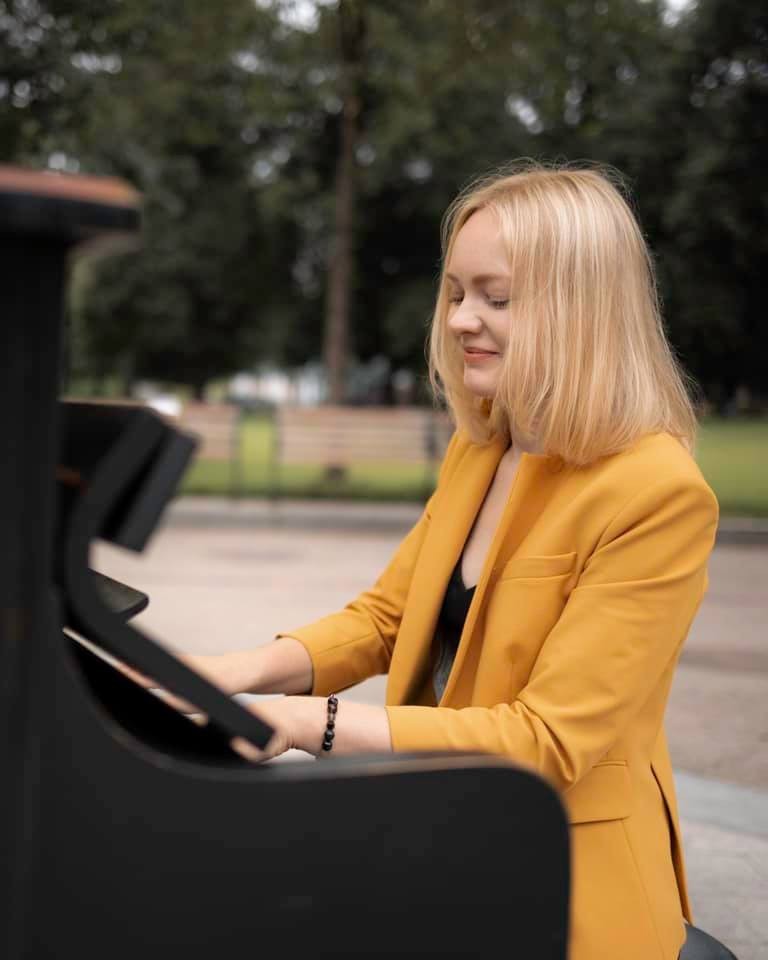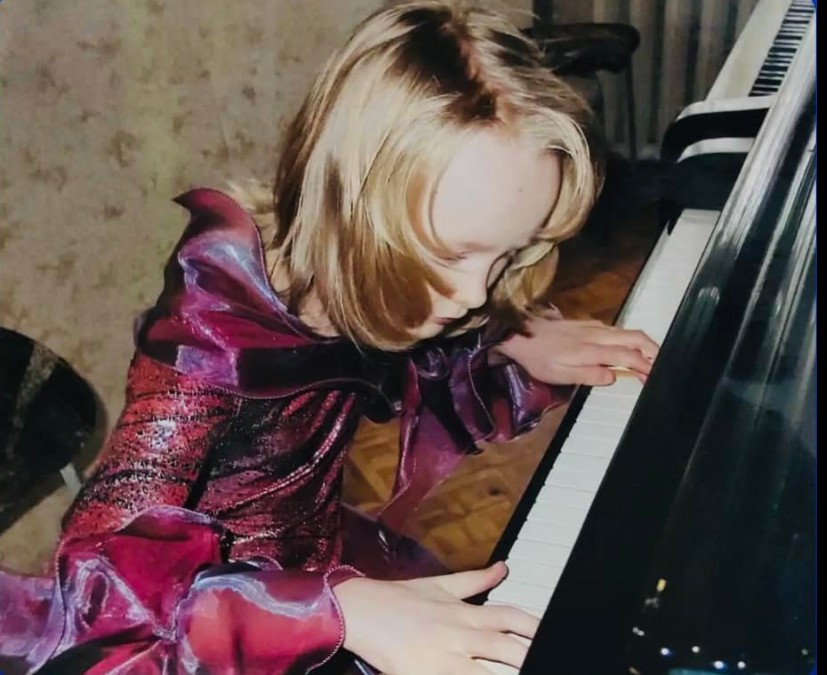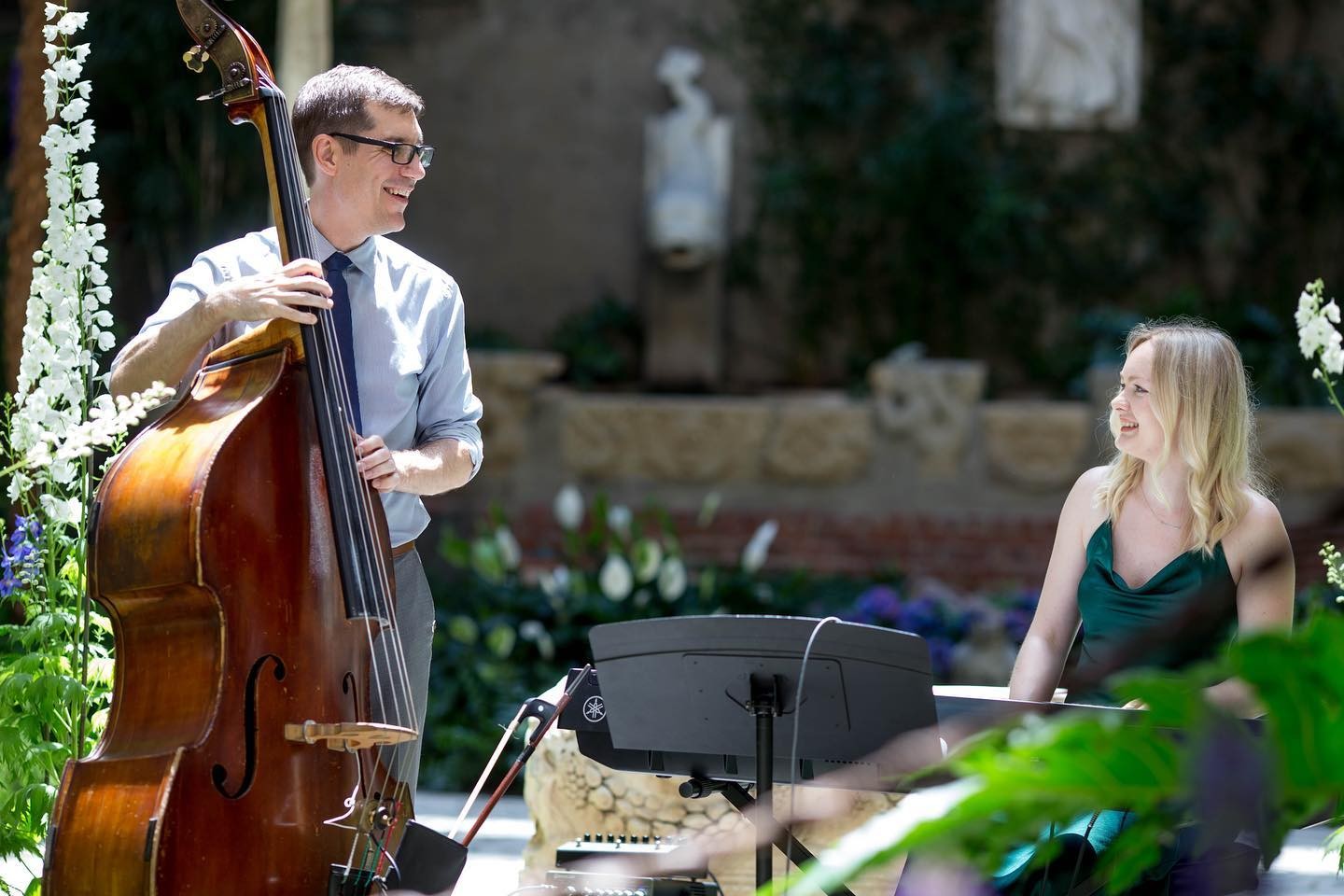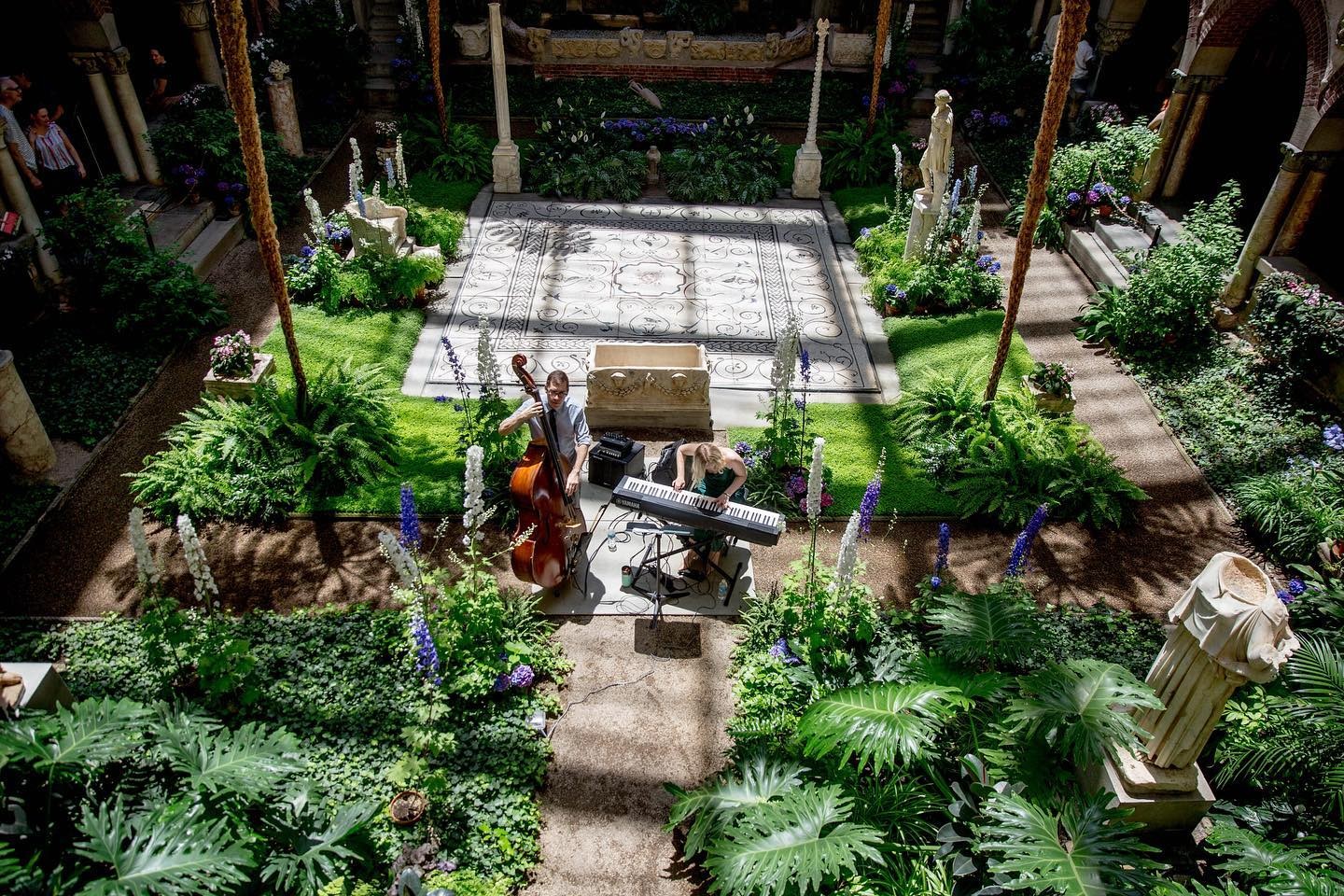Alright – so today we’ve got the honor of introducing you to Anastassiya Petrova. We think you’ll enjoy our conversation, we’ve shared it below.
Anastassiya, looking forward to hearing all of your stories today. It’s always helpful to hear about times when someone’s had to take a risk – how did they think through the decision, why did they take the risk, and what ended up happening. We’d love to hear about a risk you’ve taken.
It was my 17th birthday. I was on my first international trip with a big band – a jazz festival. Before that, I had never experienced playing for a festival crowd and feeling music’s impact on the audience. In hindsight, it was the energy exchange that drew me in. Coming back from that festival trip, I immediately transferred to a different university part-time and decided to become a full-time musician. I was born into a musical family, and my parents knew how hard it was to make a living with music. They were not entirely happy about my decision as they weren’t pleased about theirs. I finished my International Relations degree and told myself: “The only international relations I want to pursue are the ones on stage with other musicians.” A few years later, I moved to the U.S. to study at Berklee College of Music without looking back.
I am grateful to my first jazz teacher – Vladimir Demchenko, whose freedom of expression inspired me to change my musical direction and, as a result, my life. If you think about it, improvisation is a risk. An improvising musician opens the door to an ocean of possibilities that depend on how they feel in the moment, their surroundings, who the other musicians on stage are, etc. Every time we play, we take a risk. Applying it to life is pretty scary, yet extremely exciting. If we are talking about the career of a creative individual – there is no one way. Every one of us paves our own path and comes up with our own definition of success. I don’t regret choosing an adventurous path. I realize now that my parents did not have many successful examples around them and a healthy environment to grow in. Those two inspire me to keep going. Life is too short to stay in the comfort zone.


Great, appreciate you sharing that with us. Before we ask you to share more of your insights, can you take a moment to introduce yourself and how you got to where you are today to our readers.
I am a pianist/organist/educator originally from Almaty, Kazakhstan, and currently based in Boston, Massachusetts, and New York City. I started playing classical piano when I was 5, and at 14, I discovered jazz music, which now is the centerpiece of what I do. I moved to the U.S. 2015 to study at Berklee College of Music (Undergraduate) and Berklee Global Jazz Institute (Graduate) programs. I was fortunate to study with some of the best musicians in the world, who I consider family now. One of my biggest inspirations is the Artistic Director of the institute mentioned above – Danilo Perez. He would be number one on my list if we are talking about taking risks musically. During my studies at Berklee, I was also a part of the Berklee Jazz and Gender Justice Institute, which I currently actively collaborate with. I was fortunate to be one of the people putting together the “New Standards” book – a book of jazz compositions written by female composers curated by my mentor, Terri Lyne Carrington. I was fortunate to be a part of a series of jam sessions in Boston, and it’s incredible to see music come alive after years of putting the work on paper. Hammond organ is one of my more recent passions, and diving deeper into it as the years go by is quite a journey. I could say the same things differently on two instruments. Each one has a separate language under the uniting umbrella of music. I perform a lot as a pianist and organist in both cities. Additionally, I hold Assistant Professor positions at my alma mater and the Longy School of Music of Bard College. Music is a tool to communicate with people from around the world, so I enjoy traveling now that things are starting to open back up. Even if you don’t speak the language of the country, you can always use the language of music to connect with others. Music is so powerful. It makes all of us equal on stage. Your gender, race, age, and socioeconomic status suddenly disappear. Isn’t it how it should be?



For you, what’s the most rewarding aspect of being a creative?
Touching someone else’s heart the way music touches mine. I had a performance earlier this year and wrote a composition about my grief journey. I was inspired by a poem that led me to write a melody based on the words. It was the most important song of the night as it was dedicated to my mom, who passed away two years ago. The question is: Who do we write music for? Who is our audience? Our first listener is ourselves. The audience goes second. How often have I thought that what is dear to me would not be received well? All the time. Then I asked myself: Why do I create? To reflect on life, to draw my inner world using the means of sound. To feel. To paint a canvas with emotions. To find that oneness with our own chaos. This is already an extremely rewarding process in itself.
The next step is sharing. A woman approached me after the concert and said, “I lost someone very special very recently, and your song made my day. I felt my grief through yours. Thank you”. This is why I create. Yebba’s “How Many Years” has been my anthem this year. Her grief resonated with mine, and the chain continues. Seeing my students and listeners find power in music is rewarding. If it changed me, it might change you too.


How can we best help foster a strong, supportive environment for artists and creatives?
The best ways to support artists you love are coming out to their shows, bringing a friend to their shows, purchasing their music online, checking out their merchandise, and sharing their music on social media platforms. Unfortunately, there are not many streams of income left that musicians can rely on, so the number one crucial thing when it comes to less popular genres such as jazz is community. Unsurprisingly, musicians attend other musicians’ shows to show support. Also, don’t hesitate to ask the artist the best way to support them. They might have a GoFundMe link ready to share for their upcoming album.
Contact Info:
- Website: www.anapetrovamusic.com
- Instagram: https://www.instagram.com/anapetrovamusic/
- Facebook: https://www.facebook.com/AnastassiyaPetrovaMusic
- Youtube: https://www.youtube.com/anastassiyapetrova
Image Credits
Joe Musacchia, Jesse Starks


